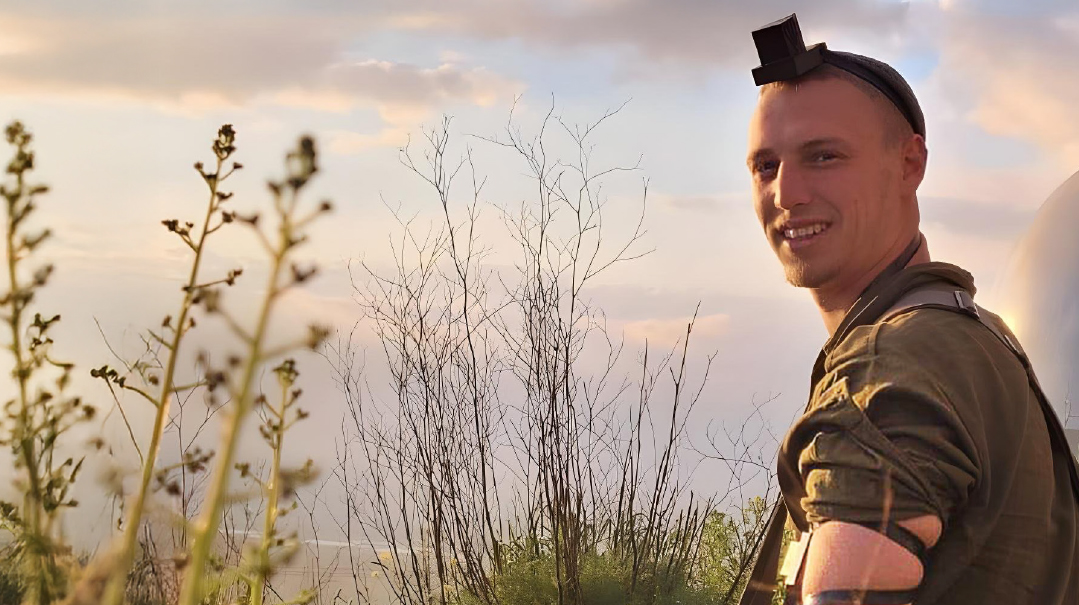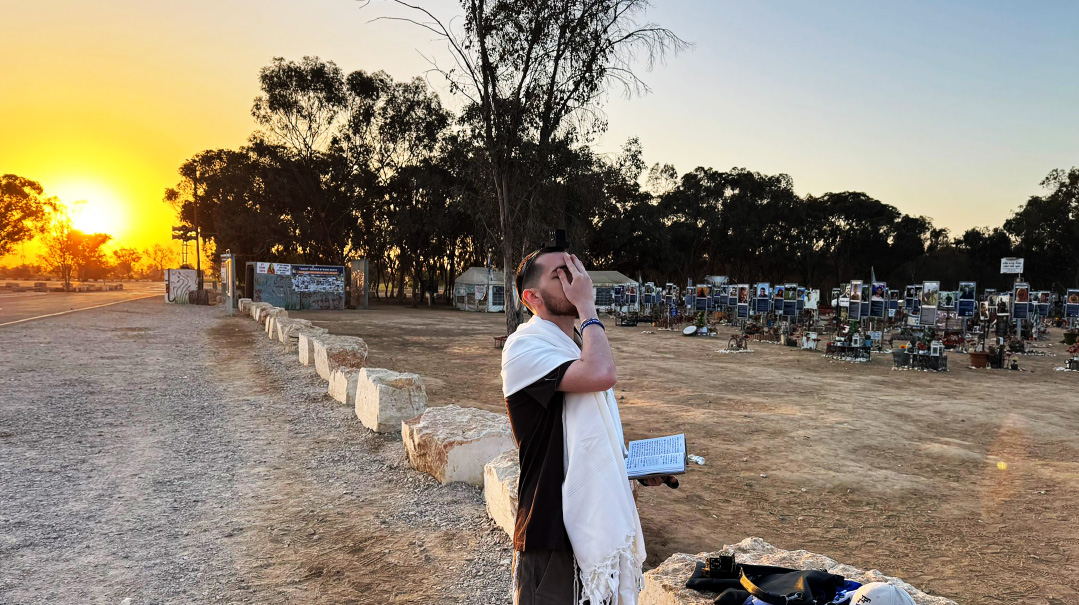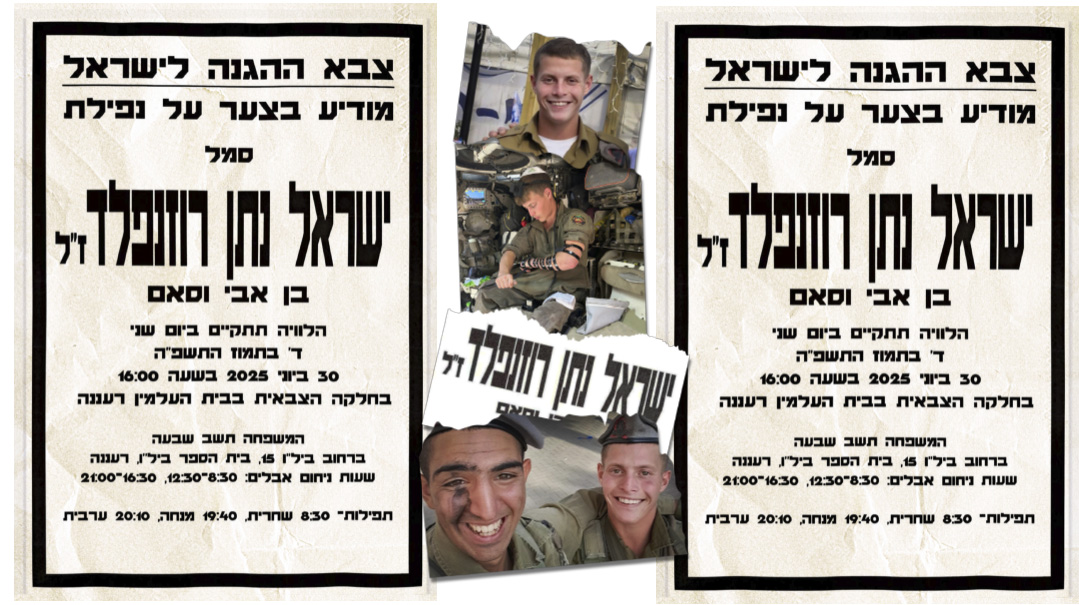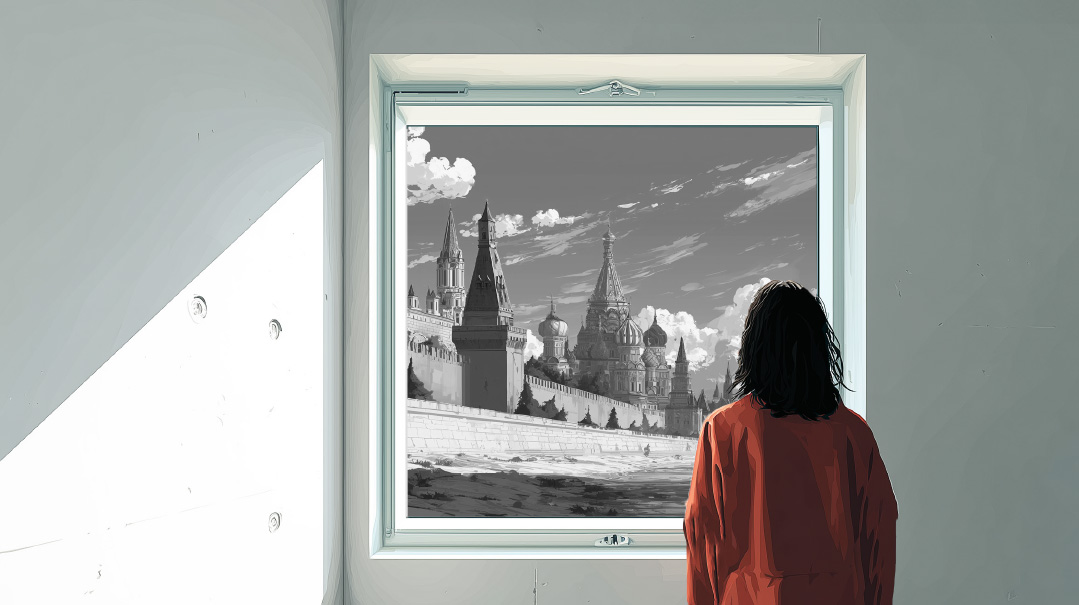While We Still Can

But of course, they didn’t know. They didn’t believe. And they didn’t leave

ON
the rare occasions when my grandmother spoke of Europe before the war, I listened with the mounting dread of someone watching a horror movie. The tension was terrible. Underneath the singsong sound of her accented words, I could hear my own shallow breathing and feel the small hairs on my neck rising. Strains of eerie music were ramping up in my ears. My stomach clenched and twisted. My heart beat madly in my chest. I needed her to go on, and I wished that she would stop.
Because I knew the ending. The shattered glass, the cattle cars, Arbeit Macht Frei on the twisted metal gates. I knew what she didn’t know then, and it terrified me.
I wanted to go back in time to help her. I wanted to shake her. I wanted to shock her, to shock all of them out of their complacency. I wanted to scream, Don’t stay in Europe! Don’t you know what’s going to happen?! Get out while you can!
But of course, they didn’t know. They didn’t believe. And they didn’t leave.
“You see, they were our friends,” my grandmother continued gently, oblivious to my rising horror. “They were our neighbors. We had known them all our lives. We did not think they would ever hurt us.”
But they were wrong. They were horribly, fatally wrong. Because they had grown comfortable, complacent where they lived. And because they had forgotten that under the genial faces of their neighbors and friends simmered the ancient evil of otherness; that hatred lurked just underneath the civilized surface.
“Surely they understood that we were just like them,” she said. “We were professors and prominent businesspeople, you know. We were in all the elite universities. We were good citizens, part of the fabric of the community. Surely they could see that we contributed!”
I listened with a helpless, terrible sadness. From my vantage point in the safety of America, the kindest of any of our exiles, I knew what she did not know then. And I thought it would never apply to me.
These days, in a different America, I look around at libraries and parks, peaceful places that have been turned into sites of mass protests by raging, screaming, hate-filled people. I don’t know these people. But they seem to know me. They know me and they hate me. They hate you, too.
These are college students. Professors. Deans and businessmen. Newscasters, reporters, senators. I look at these people, the best and the brightest our country has to offer, and I can’t decide if they’re crazy. Or if we are.
Just yesterday — or last week? Last month? — these normal-looking people stood before us in line at the store, exchanging murmured “Good mornings,” commenting on the weather and the price of milk. Today they gather in seething masses, protesting our right to be alive. Such an old hatred on their bright young faces, twisting their features into diabolical masks.
“Kill the Jews!” they chant. “Gas the Jews!” Their eyes shine with the seductive hatred that is ancient and knows no reason. “Hitler should have finished you off!” they shout hoarsely.
But it’s not the chanting that twists my stomach. That causes my shallow breathing and the hairs on my neck to rise. I’m frightened because I hear that music again. That eerie, foreboding music foretelling disaster.
Only this time, we’re the ones ignoring the angry shouting, turning a blind eye to the shocking crimes, disregarding the foreshadowing, insisting that we’re good citizens. We’re the ones shaking our heads and protesting that these are our neighbors and friends. That surely, they would never hurt us.
This is my home where I have lived my whole life, raised my children, built a family. The light shines through the windows of my kitchen at exactly the right angle, and I have a favorite takeout place around the corner. It’s impossible to consider leaving a place where we have been so very comfortable for so very long. Where we’re part of the fabric of the community. I can’t imagine it.
But I’m hearing that music in my head again, and I can’t imagine ignoring that either.
(Originally featured in Family First, Issue 868)
Oops! We could not locate your form.







